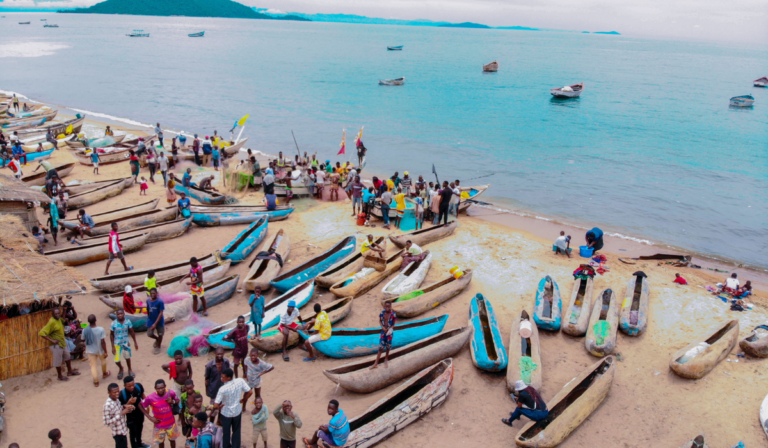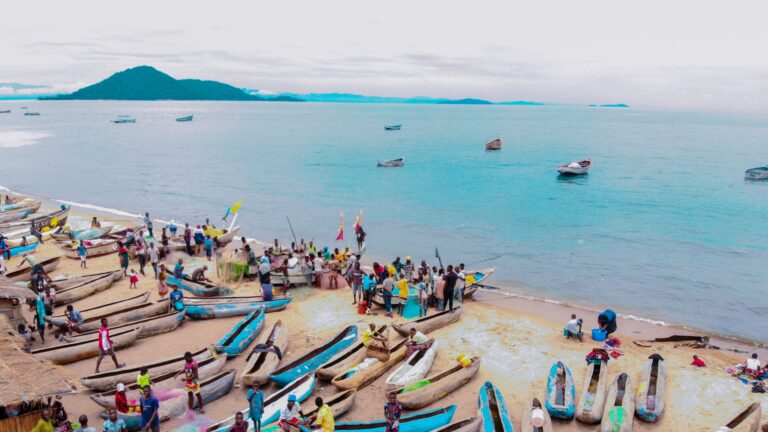MALAWI, AFRICA
Lake Malawi
One of the African Great Lakes, Lake Malawi is considered the most species-rich lake on Earth, with an incredible richness of unique fish species. Nestled between Malawi, Mozambique and Tanzania, it is one of the oldest lakes of the planet – over millions of years, an extraordinary diversity of species with very special adaptations was able to develop in its waters.
The lake is vital for the livelihoods of local people and for the food security of Malawi, one of the poorest countries in the world – 70% of animal protein in the country come from the lake fisheries. Overfishing, bad agricultural practices and climate change are pushing the resilience of Lake Malawi to its limit, putting at risk its precious biodiversity and the crucial services it provides.
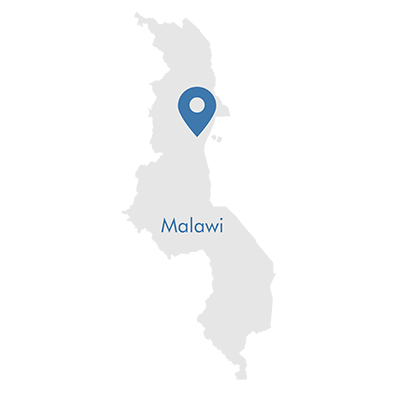

Biodiversity
Lake Malawi is a wild “aquarium”, a globally recognised centre of freshwater biodiversity, boasting an astonishing diversity of fish. Between 700 and 800 cichlid fish species are estimated to live in its waters – and 99% of them are found nowhere else on Earth, with many yet to be described by science[g1] . The family Cichlidae is divided into two groups: haplochromine and tilapiine cichlids. Many of these species are not only endemic to Lake Malawi, but locally endemic to islands or sections of rocky shoreline within the lake. Due to this incredible diversity and richness is considered the most species-rich lake on Earth.
Many other wildlife species roam the waters and shores of Lake Malawi – it is home to hippopotamus, Nile crocodiles, monkeys, baboons, antelopes, rock hyraxes or African fish eagles.
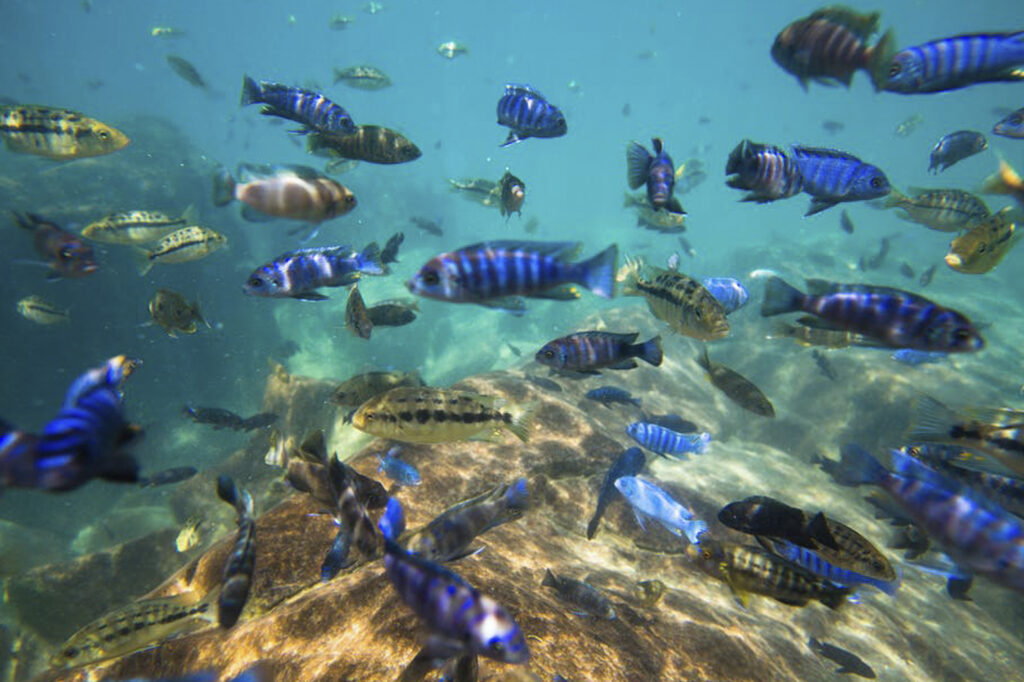
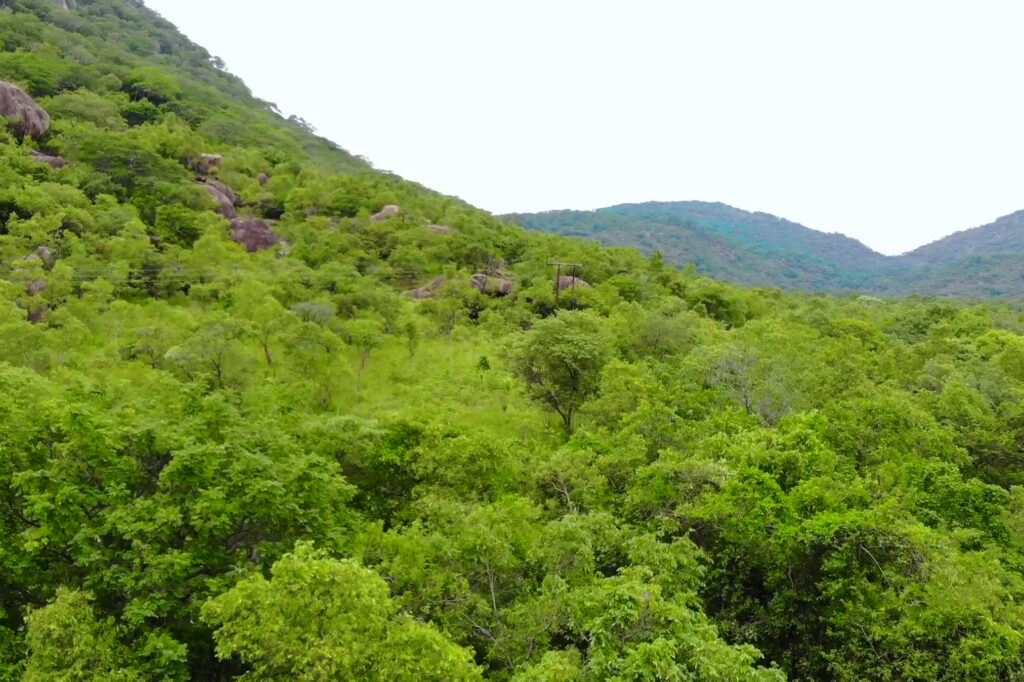


Local Communities
The rural communities that live in the area heavily depend on the freshwater ecosystems of Lake Malawi to sustain their livelihoods. The lakeshore communities rely on fishing, both as their main protein food source and to complement their livelihoods.
Fish from the lake covers about seventy percent of the demand of animal protein in Malawi, a country that has experienced a fivefold population increase in the last six decades. Inland, most of the locals are smallholder farmers, cultivating the Lake catchment areas with subsistence farming methods.


Threats
Lake Malawi is extremely vulnerable to climate change. For two decades now, the region is experiencing persistent droughts, and the decrease in rainfall has already caused a huge drop of water levels in the lake. Deforestation and poor agricultural practices in the catchment are also causing severe erosion – siltation and sedimentation have further accelerated the decline of the water levels, by reducing the lake’s carrying capacity.
Malawi is also one of the poorest countries in the world. Poverty and hunger are driving the decline of the lake fisheries. Without other livelihood alternatives or a way to cover basic needs, closed seasons and legal frameworks to protect the lake resources are often ignored. Restoring Lake Malawi’s ecosystems is vital to sustain the livelihoods of these communities.
Lake Malawi was assigned as Threatened Lake of the Year by the Living Lakes Network in 2022.
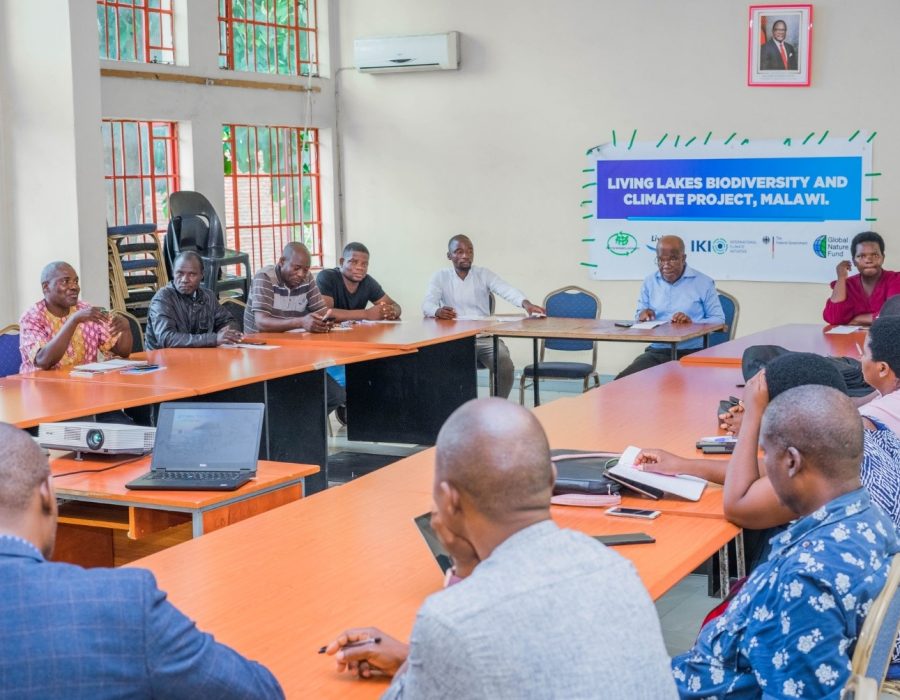
Our Work
Action for Environmental Sustainability (AfES) engages with local communities and responsible authorities to combat the threats to Lake Malawi and build a thriving future for this precious ecosystem and the people that depend on it. As part of the Living Lakes Biodiversity & Climate project, AfES will focus on activities such as:
- Capacity building for lake managers.
- Raising awareness and educating the local people to play a central role in the conservation the Lake ecosystem and its biodiversity.
- Capacity building for local fishermen and smallholder farmers on sustainable agriculture practices and alternative livelihoods (for example, fishpond farming).

